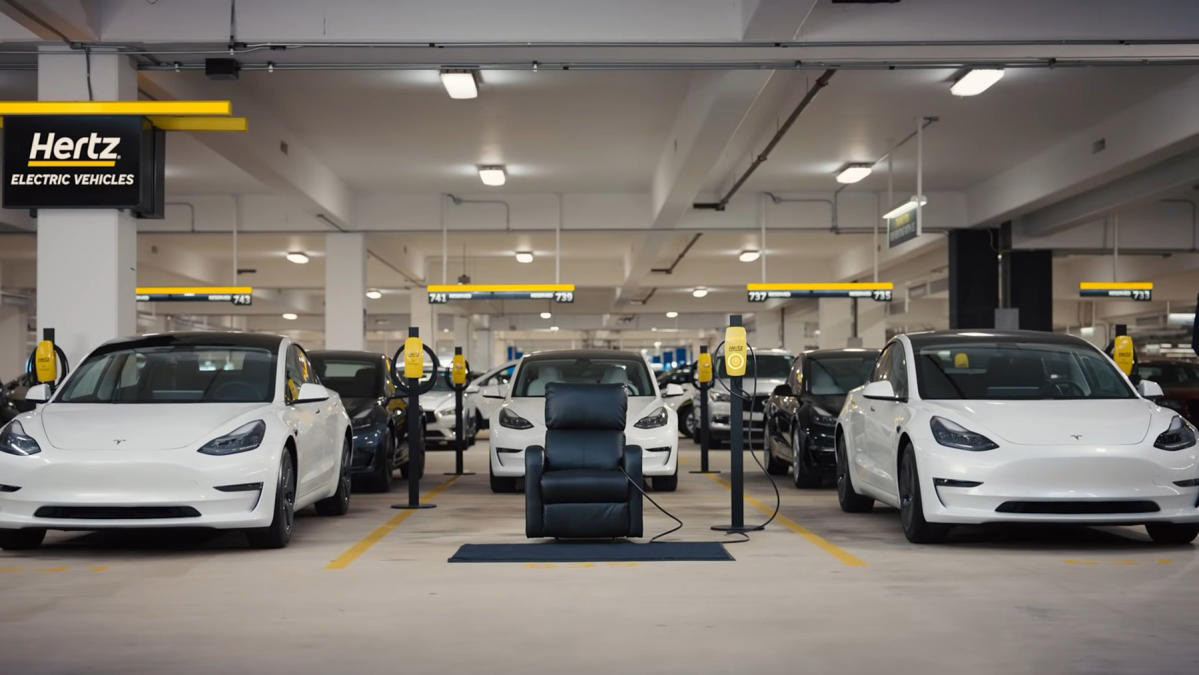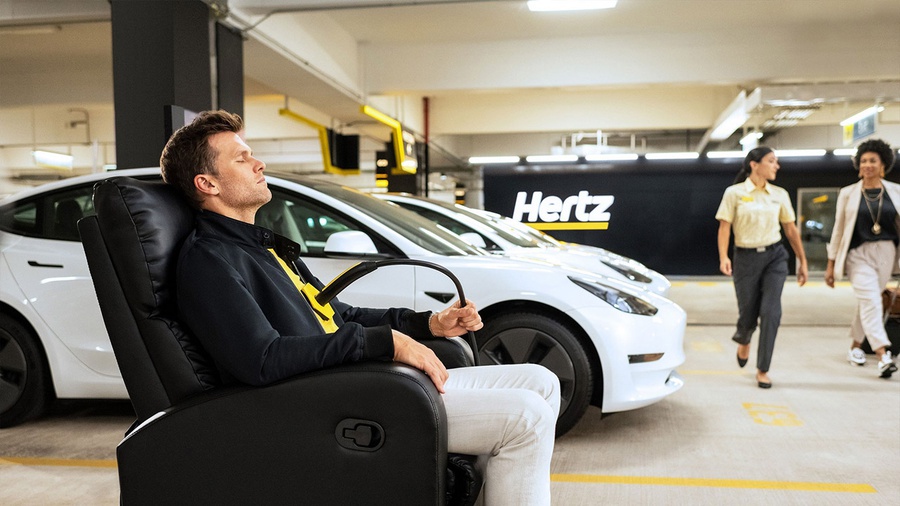Last year in October 2021, Hertz made headlines by placing the largest single electric car order ever with Tesla, amounting to 100,000 vehicles. Initially, these Teslas were slated for use in the company's U.S. and European markets. Hertz also announced plans for a charging infrastructure across its global locations. However, things haven't gone as smoothly as projected.
Current conversations in the United States suggest a slowing pace for the "electric car revolution." One reason could be overly optimistic sales forecasts by automakers. Additionally, long-standing attempts by the car industry to influence the narrative with misleading anti-EV arguments have played a part.
Another concern is that nearly 7% of car buyers are more than 60 days behind on their payments—a peak not seen in three decades. Lack of adequate education on electric vehicles may also contribute to their limited use. All these factors combine to present specific challenges for car rental companies like Hertz.
Data from Hertz shows that although they had plans to purchase 100,000 Teslas by the end of 2022, they currently have only 35,000 in their fleet, and about 50,000 electric vehicles in total.
One major issue is higher-than-expected maintenance costs, particularly concerning tires. Many Tesla owners have been surprised by the frequency and cost of tire replacements. While individual owners can adjust their driving habits, rental companies like Hertz face a different situation. Renters often want to test the high torque and performance capabilities of electric vehicles.
Kinetic CEO Nikhil Naikal stated, "The reality of electric vehicles is that they can be 1,000 pounds (around 454 kilograms) heavier or more than gas vehicles, and they move faster, with higher torque. Since they’re extremely zippy and heavier, it’s just physics — the ability to overcome inertia so quickly is going to effect their suspension systems, the brakes and steering columns."
Another problem seems to be aggressive driving by renters, which leads to more wear and tear on Teslas. Hertz CEO Stephen Scherr expressed concern over rising costs related to vehicle damage, especially in electric cars. Whether renters are causing more damage due to the high torque, touchscreen ease-of-use, or other factors is yet to be determined.
Depreciation is another big issue. When Tesla was at its peak and the resale value for the Model 3 was unusually high, the 5-year cost of ownership looked very appealing. However, with increased Tesla production, the economic impacts of the pandemic, and dropping Tesla prices, Model 3 and Model Y owners have faced an unpleasant surprise in terms of depreciation. Scherr pointed out that decreasing list prices for electric vehicles have lowered their market value compared to last year.
No comments have been made on how the slowed growth of Tesla models might affect Hertz's partnership with Polestar. It was announced in April 2022 that Hertz plans to purchase up to 65,000 electric vehicles from Polestar over a five-year period. The first Polestar 2 vehicles are expected to be delivered in Europe in the spring of 2022, with North America and Australia anticipating their first shipments by the end of 2022.
Source: Cleantechnica


